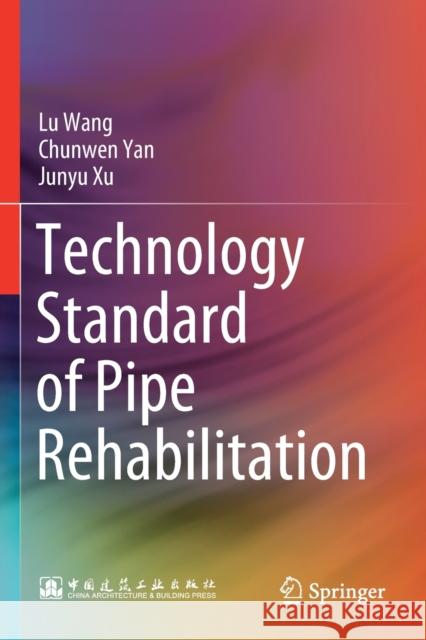Technology Standard of Pipe Rehabilitation » książka
topmenu
Technology Standard of Pipe Rehabilitation
ISBN-13: 9789813349865 / Angielski / Miękka / 2022 / 180 str.
Technology Standard of Pipe Rehabilitation
ISBN-13: 9789813349865 / Angielski / Miękka / 2022 / 180 str.
cena 322,01
(netto: 306,68 VAT: 5%)
Najniższa cena z 30 dni: 308,41
(netto: 306,68 VAT: 5%)
Najniższa cena z 30 dni: 308,41
Termin realizacji zamówienia:
ok. 22 dni roboczych.
ok. 22 dni roboczych.
Darmowa dostawa!
This book summarizes the technical method and construction process of underground pipeline testing, cleaning, updating and repairing. It has 20 chapters and an appendix in total. Its content includes: Pipeline rehabilitation construction organization design, Pipeline cleaning, Preparations before construction, Pipeline detection and quality assessment, Pipeline rehabilitation design/method/equipment selection/steps/technical indicators, Pipe Cracking & Bursting method, Sliplining method, Pipe Segments Method, Lining with Inserted hose(improved) method, Cured in place pipe(CIPP), Spray lining, Spiral winding method, Spot repair method, universal construction techniques, construction of general rules, the engineering quality acceptance, construction health, safety, environmental protection and production management, and so on. The appendix is the interpretation for the relevant technical terms in this book. It could help the reader who doesn’t have the basic knowledge about pipe rehabilitation to understand this technology easily. This regulation could be the fundamental discipline for pipeline renewal projects in different industries. It could provide the important basis and criterion for design, construction, management, inspection and acceptance of pipeline renewal projects.











